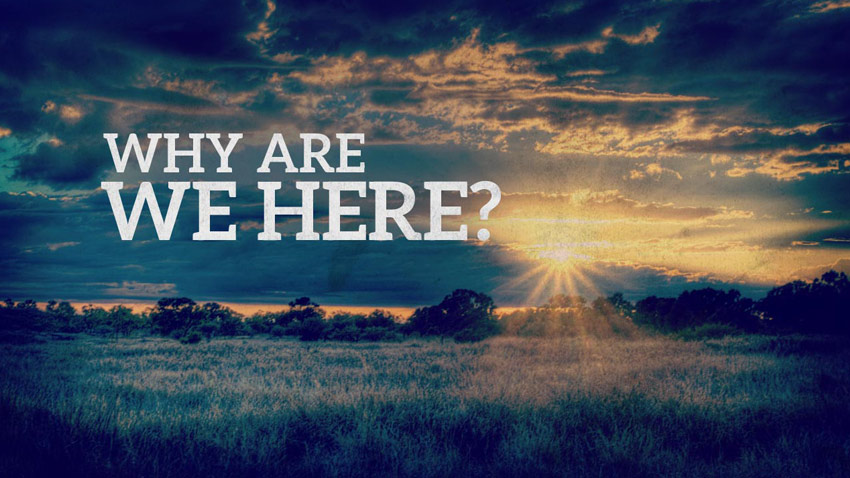A Jesuit priest writes in the Kyeongyang magazine about one of the most basic questions humans can have: Why are we here? The first question in the Korean catechism.
He remembers asking his father this question as a child. His father told him about a dream he had about his son. He saw a worm which changed into a snake and then a dragon and went up into the heavens. (In Korea dragons are revered as benevolent) His father said he would be a great person if he accepted his parent's teachings. He thanks them for the faith life they passed on to him.
How to live is still the question. Personally, he finds it better to have a clear picture of the future instead of a blurred one. He thought his father knew everything and asked again for more details. His father told him the "I" is not as important as the "We". He quotes from article #23 of the 'Spiritual Exercises' which explained in detail what he considered his father to be saying:
"Man is created to praise, reverence, and serve God our Lord and by this means to save his soul. The other things on the face of the earth are created for man to help him in attaining the end for which he is created. Hence, man is to make use of them in as far as they help him in the attainment of his end, and he must rid himself of them in as far as they prove a hindrance to him. Therefore, we must make ourselves indifferent to all created things, as far as we are allowed free choice and are not under any prohibition.Consequently, as far as we are concerned, we should not prefer health to sickness, riches to poverty, honor to dishonor, a long life to a short life.The same hold for all other things. Our one desire and choice should be what is more conducive to the end for which we are created."
As a young man, he understood his father's words as a short explanation of what he learned later on as a Jesuit seminarian. This he feels is the mission that we have all received. They are the first principles and foundation of our lives. The golden mean is given to us as the ideal. Another expression would be indifference to many goods in life. We don't consider our likes or disposition as the final position on what is to be done but look towards the reason for which we were created.We choose the path that will lead us closer to God.
Our choice of coming closer to God is what is important. We all would prefer health to sickness, riches to poverty, honor to dishonor, a long life to a short life but when the former would take us away from our reason for life, we are open to the latter.
The rich will have concerns because of their wealth and so the poor with their poverty. All of us no matter the circumstances have to keep our hearts attuned to what God is saying to us in these circumstances. We all have a vocation, the call from God, and in life, there are many forks in the road and here the principles and foundation of God's call are to be the signposts to take. If we carefully ponder over what road to talk we will not take the wrong path. We need to take the road that gives greater glory to God. He will always bless this choice.
When we go in search of the call received, this becomes an experience in life and our teacher. When we remember the times we have felt fully alive, God has been leading us. Elders have helped him on this path and many have influenced his future. When we work for the common good, God is leading us. My call is the universal call of all.

No comments:
Post a Comment